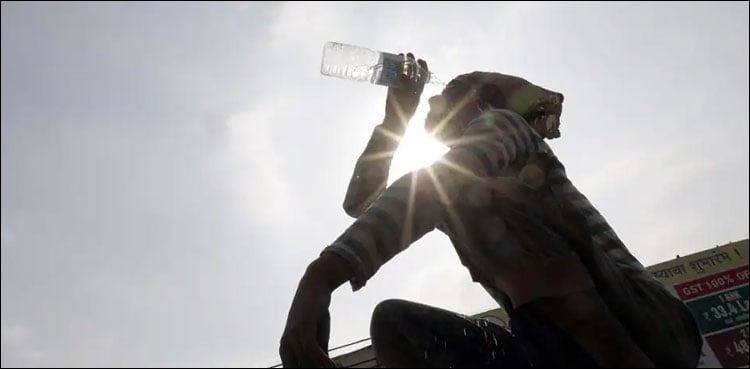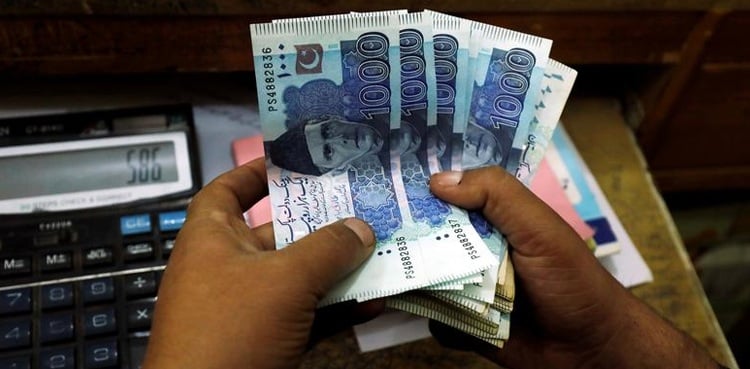JI leader for provision of basic facilities to people of Gwadar
- June 15, 2015, 12:22 pm
- National News
- 45 Views
HQ City Report
QUETTA: The Naib Ameer of Jama’at-e-Islami Balochistan, Maulana Hidayatur Rehman Baloch has made a passionate appeal to the federal as well as provincial governments to ensure provision of basic facilities to the people of Gwadar protecting the fisheries sector and rights of fishermen.
Addressing a press conference here at the Quetta Press Club on Sunday, the Naib Ameer of JI said that we want development and are in favour of Gwadar deep sea port, but their people have strong apprehensions. He said that the success of Gwadar is very different without providing the basic facilities to the people residing there.
While the government is raising hollow slogans regarding development of Gwadar but practically nothing is being done for welfare of the area people, he charged adding that they are uncertain about their future.
The people of Gwadar are forced to lead miserable life mainly because of the lack of basic facilities including water, education, health, electricity and employment, the JI’s Naib Ameer regretfully pointed out.
The fisheries sector is also affected mainly because of the illegal fishing by trawlers as they have been given free hand for fishing in the sea, Maulana Hidayatur Rehman charged.
While on the other hand, the hollow slogans are being raised to befool the people of Gwadar, he said adding that “ they would not accept the development through use of power. Whether the government wants to run the Gwadar port by vacating the native people and the fishermen?†the JI leader from the area questioned.
He said that the Gwadar port project would not be successful without benefitting the locals and taking them on board.
He charged that there are a few “black sheep†in the provincial government, who don’t want development of Gwadar and just want to plunder the resources.
He further demanded of the governments to provide basic facilities of life to the people of Gwadar, prevent the illegal fishing in the sea, provide ample opportunities of jobs to the local youth, make arrangements for technical training and education for them, etc.










